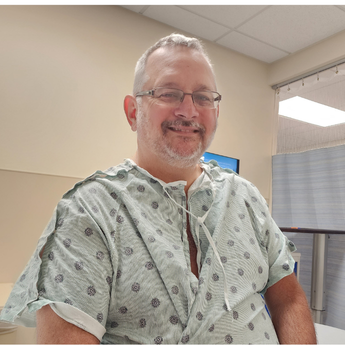2021 was the year of the patient voice and patient advocacy. Across Canada, we saw patients become more active participants on their healthcare team. Whether due to the current circumstances, because of personal interest, or because of unfortunate situations, patients are increasingly becoming involved in their care. This was also reflected in the blogpost that we published in 2021. Overall, we published 23 posts that came from breast cancer patients and their various experiences dealing with their diagnosis. It’s no wonder that so many of these stories were part of our top blogposts of 2021. Even the posts not written by breast cancer patients reflected empowering breast cancer patients to take charge of their health.
Here are the top 10 most read blogposts published in 2021 on CBCN’s Our Voices.
10. Immunotherapy and Breast Cancer Explained: Thoughts from a Researcher Who Has Also Had Triple Negative Breast Cancer
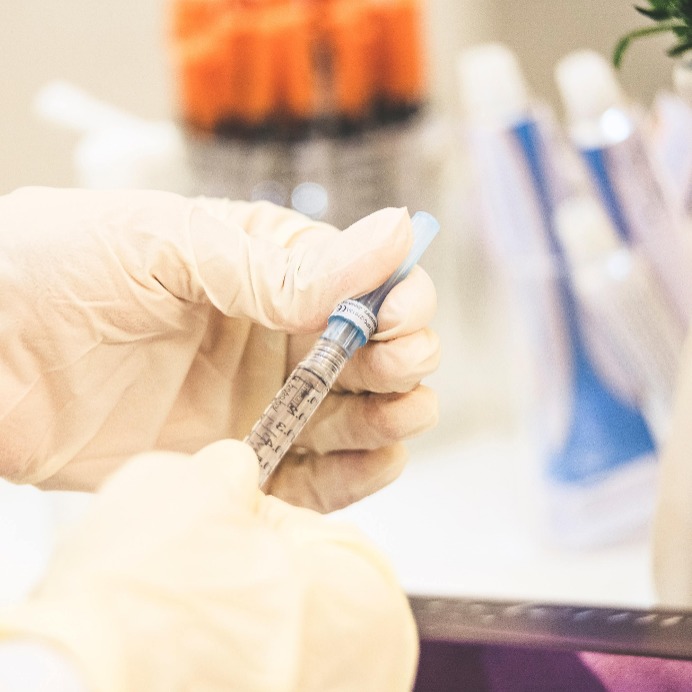 Traditional cancer therapies (such as chemotherapy and radiation therapy) have shown widespread success against various cancer types, but are known to have toxic, undesirable side effects as they do not selectively kill cancer cells and therefore actively damage healthy cells as well. This is where immunotherapy comes into play. Immunotherapy is a form of therapy that uses the body’s own immune system to fight the cancer within it.
Traditional cancer therapies (such as chemotherapy and radiation therapy) have shown widespread success against various cancer types, but are known to have toxic, undesirable side effects as they do not selectively kill cancer cells and therefore actively damage healthy cells as well. This is where immunotherapy comes into play. Immunotherapy is a form of therapy that uses the body’s own immune system to fight the cancer within it.
9. Getting Through My Worst-Case Scenario
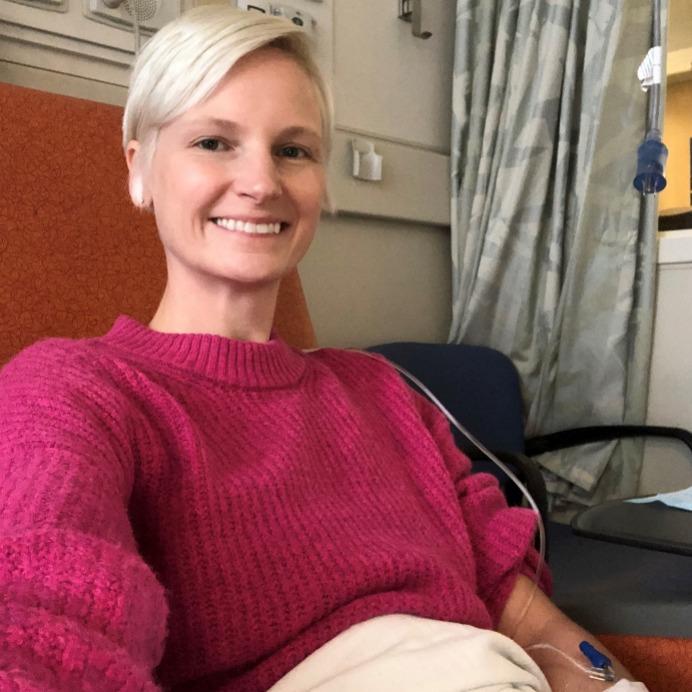 The worst weeks of my life had finally come to an end. It had been six weeks since my lumpectomy. Six terrifying weeks, living with many unknowns, in a state of complete disillusionment. But the wait was finally over because today I would meet my medical oncologist for the first time, she would go over my pathology report, and reveal my treatment plan. Going into the appointment I felt ready to face whatever would come my way.
The worst weeks of my life had finally come to an end. It had been six weeks since my lumpectomy. Six terrifying weeks, living with many unknowns, in a state of complete disillusionment. But the wait was finally over because today I would meet my medical oncologist for the first time, she would go over my pathology report, and reveal my treatment plan. Going into the appointment I felt ready to face whatever would come my way.
8. Just Breathe
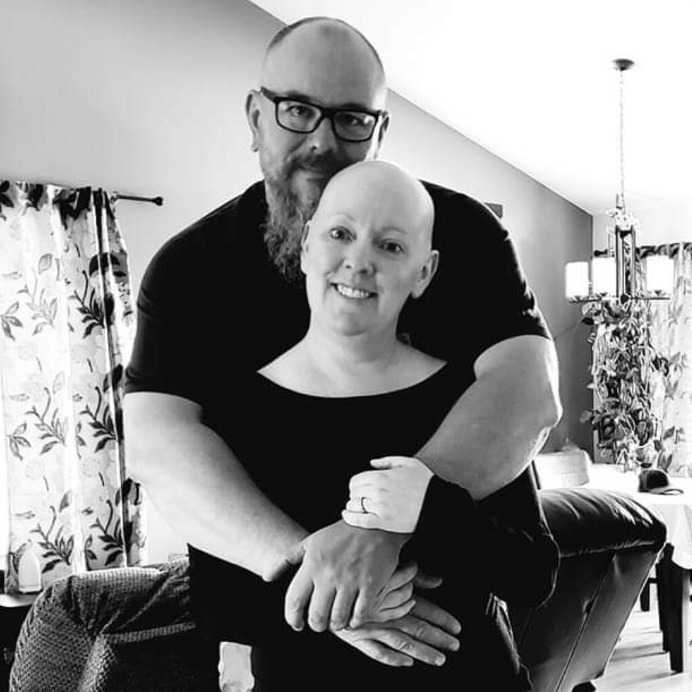 I was diagnosed in December 2019 at the age of 47. I was healthy, happy and at the height of my career. Just as I said to my husband of 25 years “Life just can’t get any better”, our world came to a grinding halt - “you have breast cancer”.
I was diagnosed in December 2019 at the age of 47. I was healthy, happy and at the height of my career. Just as I said to my husband of 25 years “Life just can’t get any better”, our world came to a grinding halt - “you have breast cancer”.
7. Triple Negative Breast Cancer: Shoulda, Woulda, Coulda and a TIP
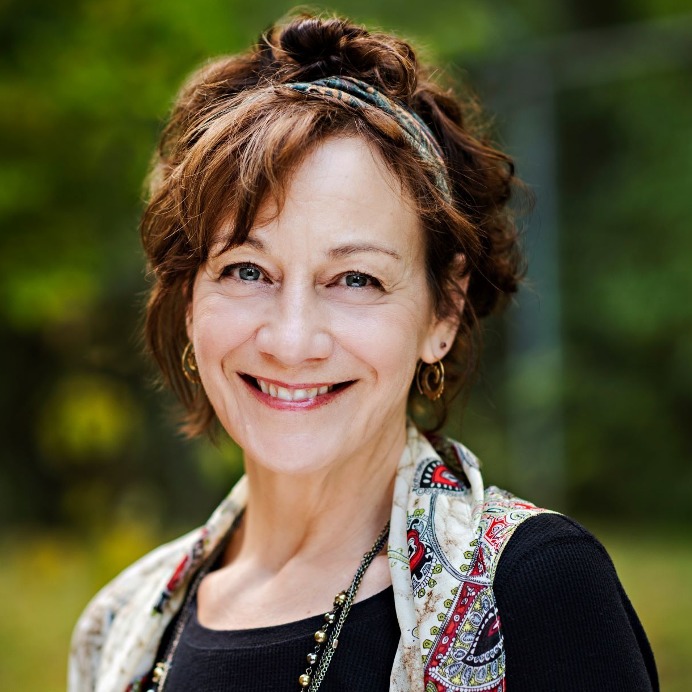 If you’re going to be told you have breast cancer, you want to be able to say, “They caught it early.” With Triple Negative Breast Cancer (TNBC) - an aggressive, difficult to treat type of breast cancer - early detection is especially important.
If you’re going to be told you have breast cancer, you want to be able to say, “They caught it early.” With Triple Negative Breast Cancer (TNBC) - an aggressive, difficult to treat type of breast cancer - early detection is especially important.
6. Brain Drain: How Breast Cancer Has Impacted the Way I Think
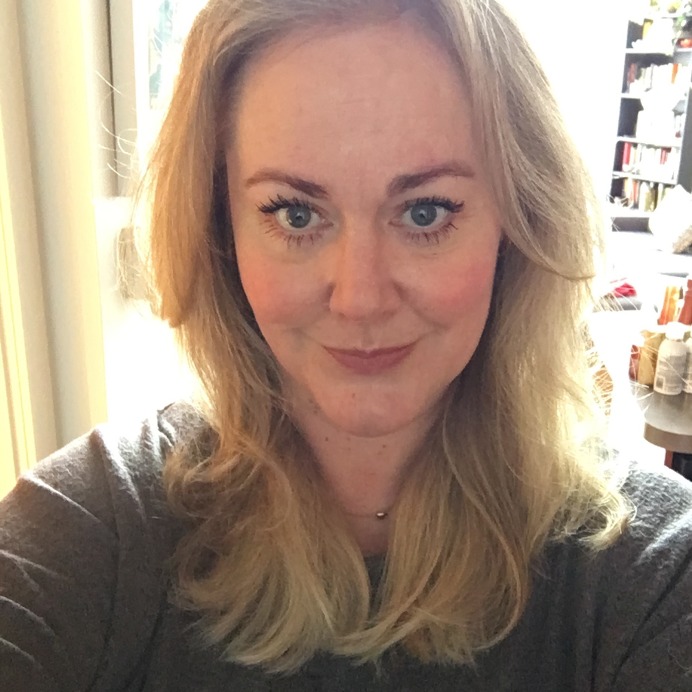 I’ve started counting the number of times I emotionally beat myself up every day. Each mean, cruel and hurtful criticism said silently to myself in the privacy of my own mind. Yesterday I hit number 22, my all-time high for the week. So far today, I’m up to seven unkind thoughts. It’s nine o’clock in the morning and my alarm went off at 6:30 a.m.
I’ve started counting the number of times I emotionally beat myself up every day. Each mean, cruel and hurtful criticism said silently to myself in the privacy of my own mind. Yesterday I hit number 22, my all-time high for the week. So far today, I’m up to seven unkind thoughts. It’s nine o’clock in the morning and my alarm went off at 6:30 a.m.
5. Will Pharmacare Finally Be a Reality in Canada?
 While Canada has a universal healthcare system, this system does not universally cover prescription drugs, nor does it address out-pocket-costs that many, including breast cancer patients, face when they navigate our healthcare system. Every country that has a universal healthcare system also has universal prescription drug coverage – every country but Canada1. This results in unequal access to treatment based on a variety of factors, such as where a person lives, the type of insurance they have, their age, their income, and more.
While Canada has a universal healthcare system, this system does not universally cover prescription drugs, nor does it address out-pocket-costs that many, including breast cancer patients, face when they navigate our healthcare system. Every country that has a universal healthcare system also has universal prescription drug coverage – every country but Canada1. This results in unequal access to treatment based on a variety of factors, such as where a person lives, the type of insurance they have, their age, their income, and more.
4. We Are All the Divine Feminine
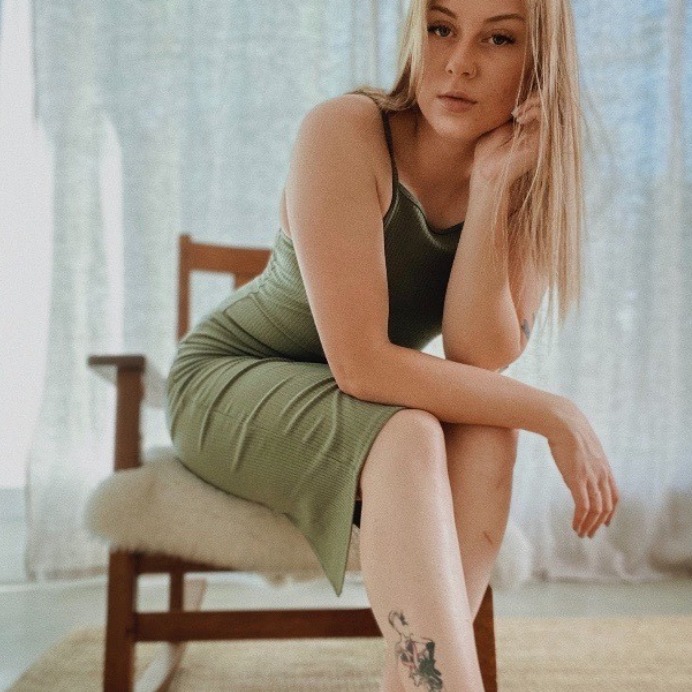 At the very core of my being, I radiate feminine essence. I grew to understand this through the loss of a physical trait that has been deeply rooted as a symbol of femininity and sexuality for so many centuries - my breasts. At the age of 18, I was diagnosed with the BRCA1 genetic mutation just as my mother, auntie, and sister before me. This meant that I was at high risk for contracting breast cancer.
At the very core of my being, I radiate feminine essence. I grew to understand this through the loss of a physical trait that has been deeply rooted as a symbol of femininity and sexuality for so many centuries - my breasts. At the age of 18, I was diagnosed with the BRCA1 genetic mutation just as my mother, auntie, and sister before me. This meant that I was at high risk for contracting breast cancer.
3. Three Things to Consider if You’re Thinking About Going Off Tamoxifen
 Chances are, if you have breast cancer you’ve heard about Tamoxifen. I remember the first time my oncologist talked to me about the chemo-infused hormonal-therapy drug. It was during my weekly check-up when I was still having daily radiation. He explained that because the cancer cells found in my right breast were 95 per cent estrogen and progesterone receptor positive, my body’s natural hormones could attach to the cancer cells and help them grow. Obviously I didn’t want that, so I said yes to the drug without even hesitating.
Chances are, if you have breast cancer you’ve heard about Tamoxifen. I remember the first time my oncologist talked to me about the chemo-infused hormonal-therapy drug. It was during my weekly check-up when I was still having daily radiation. He explained that because the cancer cells found in my right breast were 95 per cent estrogen and progesterone receptor positive, my body’s natural hormones could attach to the cancer cells and help them grow. Obviously I didn’t want that, so I said yes to the drug without even hesitating.
2. Oncologists Share What You Should Know About the COVID-19 Vaccines
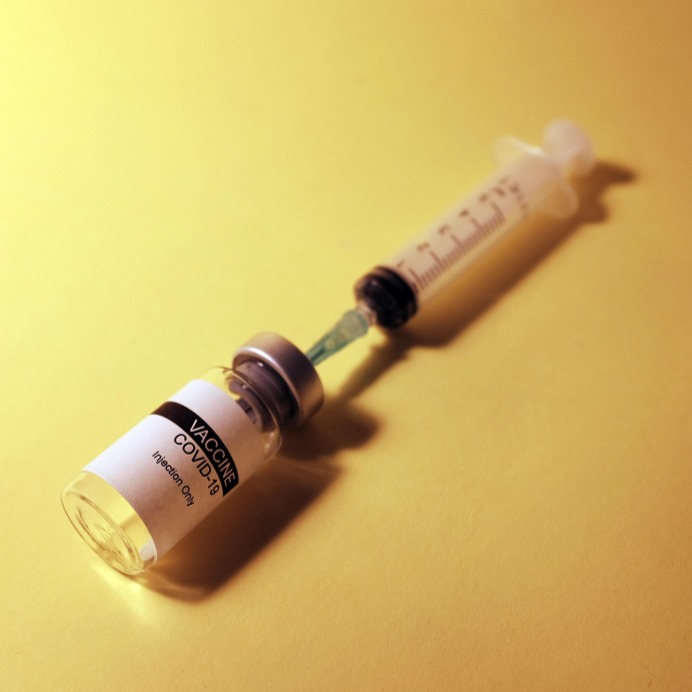 When the COVID-19 pandemic was first declared in March 2020, there was a lack of information about the virus. As time went on and more and more research was conducted, we were able to learn more about how the virus worked, who it was infecting, its symptoms and more. One of the pieces of information from this research was that cancer patients were more likely to have adverse outcomes if diagnosed. Although there was not enough evidence to pinpoint which cancers made individuals more susceptible or enough research to definitively say whether past and present patients had the same concerns, the few findings were enough to label individuals diagnosed with cancer as high-risk.
When the COVID-19 pandemic was first declared in March 2020, there was a lack of information about the virus. As time went on and more and more research was conducted, we were able to learn more about how the virus worked, who it was infecting, its symptoms and more. One of the pieces of information from this research was that cancer patients were more likely to have adverse outcomes if diagnosed. Although there was not enough evidence to pinpoint which cancers made individuals more susceptible or enough research to definitively say whether past and present patients had the same concerns, the few findings were enough to label individuals diagnosed with cancer as high-risk.
1. Why Tamoxifen is a Pain in my Ass and Other Bodily Infractions
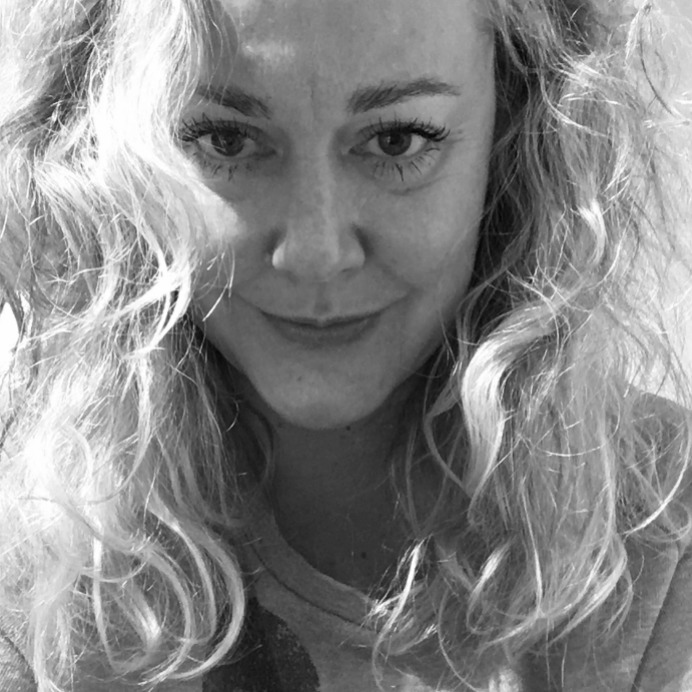 Two days ago, my lower back seized and then, seemingly stuck. Never have I ever had back problems. Yet, here I am frozen with body-gripping spasms. I can’t roll over in bed, stand up straight or even wipe my bum without yelping loudly. Thank God, and I don’t say this lightly, I was able to call a friend (who suffers from chronic back pain), who called her chiropractor, who graciously booked me in at the end of his appointment-packed day.
Two days ago, my lower back seized and then, seemingly stuck. Never have I ever had back problems. Yet, here I am frozen with body-gripping spasms. I can’t roll over in bed, stand up straight or even wipe my bum without yelping loudly. Thank God, and I don’t say this lightly, I was able to call a friend (who suffers from chronic back pain), who called her chiropractor, who graciously booked me in at the end of his appointment-packed day.
We are always interested in hearing from breast cancer patients. If you would like to share your experience with other breast cancer patients to provide support and build community, consider sharing your story with us on Our Voices. Interested in sharing your story but don’t know where to get started? Click here to learn more.
Photo by Marcus Aurelius from Pexels


